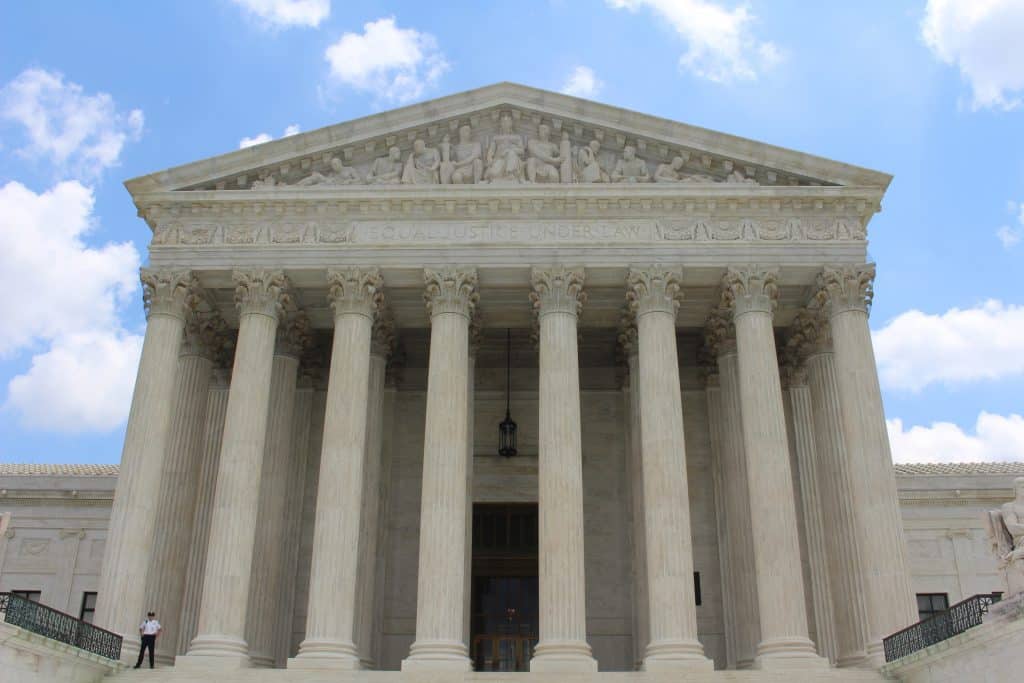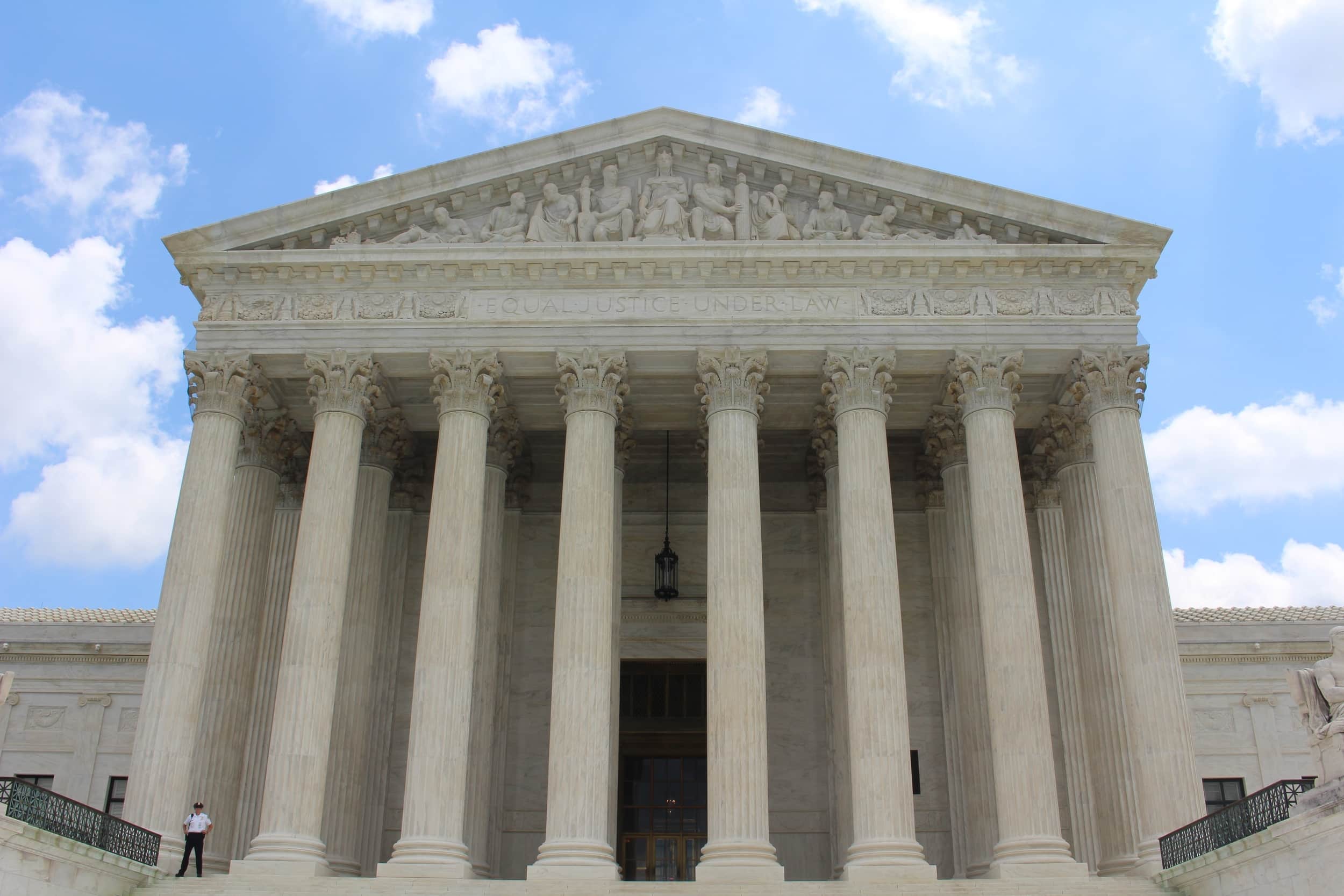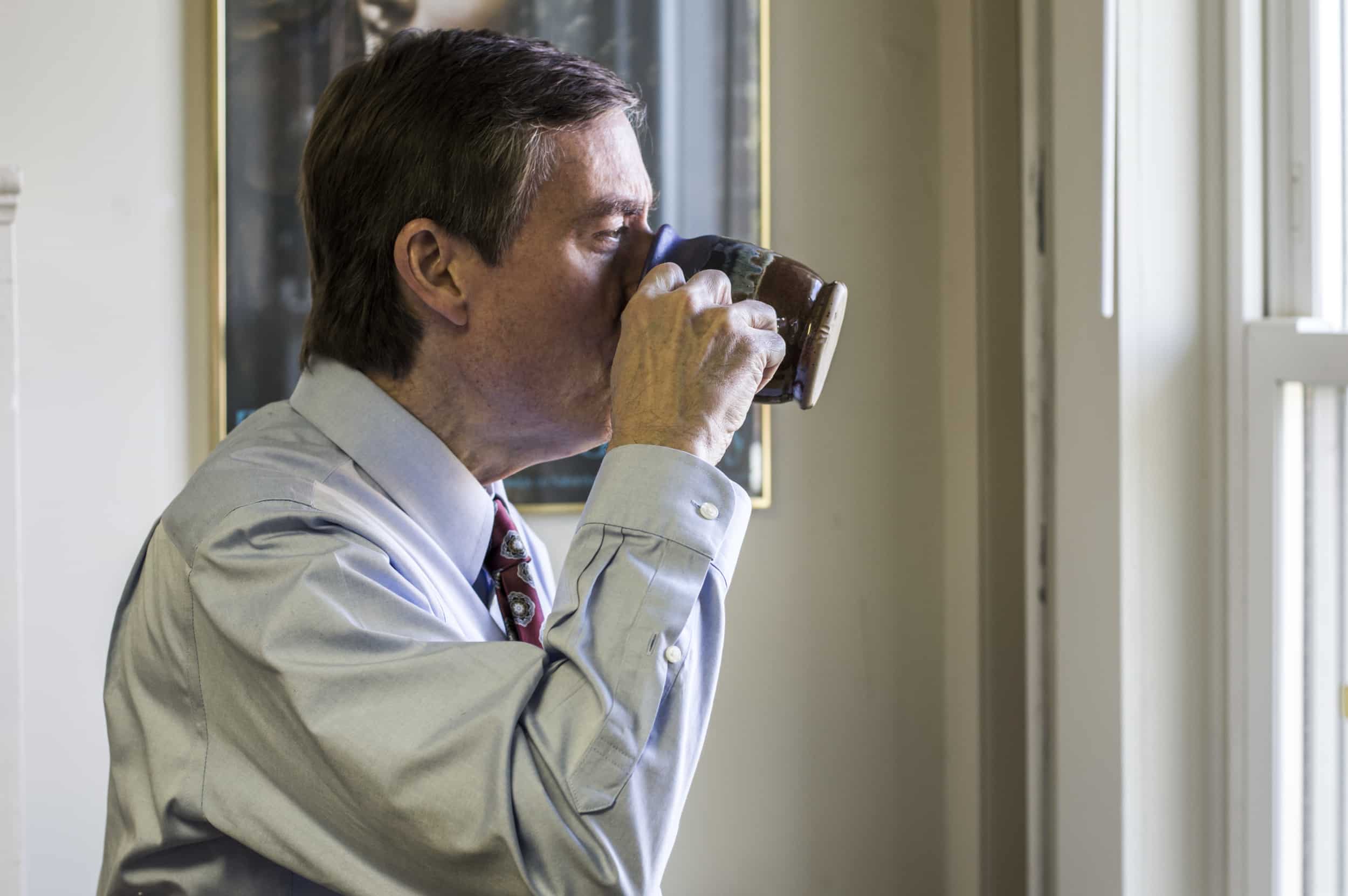
Supreme Court to Review Obama’s Executive Order on Immigration
Caleb Ecarma, News Editor
On Jan. 19, the Supreme Court chose to have an election-year review of President Barak Obama�s executive order that allows close to five million illegal immigrants to indefinitely live in the U.S.
The case, which will be heard in April and decided in June, will decide whether or not Obama has the power to change immigration policy without going through Congress.
The Obama administration pushed this executive order through on the grounds of prosecutorial discretion, which is a policy that states the chief prosecutor has the choice on where to allocate limited resources.
David Tyner, Political Science Professor at NGU
David Tyner, professor of political science at NGU, said, �Prosecutorial discretion is a traditional and well accepted legal principle. The president, as sort of the �nation�s chief executive and chief prosecutor, has basically said, �They�ve broken the law, they�re here illegally, but we�re not going to spend money on deporting them.��
�The reason I think that�s not persuasive, is because the president is saying that about an entire group of people, that we�re not going to enforce the law on just those people,” Tyner added. “So I believe the court is deciding whether or not the president has the authority to simply not execute the law in a particular area.�
President Obama has continually enacted his policies through executive orders, asserting his power on matters of healthcare, gun control, the minimum wage, contraception and climate change. He has had the Supreme Court side with him on all of these matters.
However, the court brought up the constitutional question of whether or not Obama violated the �Take Care Clause,� which states that the president must �take care that the laws are faithfully executed.�
�If I had to guess, I would say the court is leaning against the president, because if the courts are inviting the parties to brief that issue (the “Take Care Clause”), it must mean the court believes the constitutional issue must be addressed as part of the case,� Tyner said.
Obama revealed the Deferred Action for Parents of Americans and Lawful Permanent Residents (DAPA) in 2014, which expanded his original immigration plan that allows 770,000 illegal immigrants to remain in this country permanently. The new plan intends to allow roughly 4.3 million undocumented immigrants to remain in the country permanently and could cost taxpayers up to $6 trillion.
Staci Rollins, local attorney and criminal justice instructor at NGU, said, �I think in this instance, the president has stepped over into making law, rather than finding a way to enforce it, because the distinction that he is making is separate from the distinction that Congress has already made.�
�In this situation, it�s more likely that the court is going to find that it was beyond the power given to him because it is such a sweeping policy,� added Rollins.


